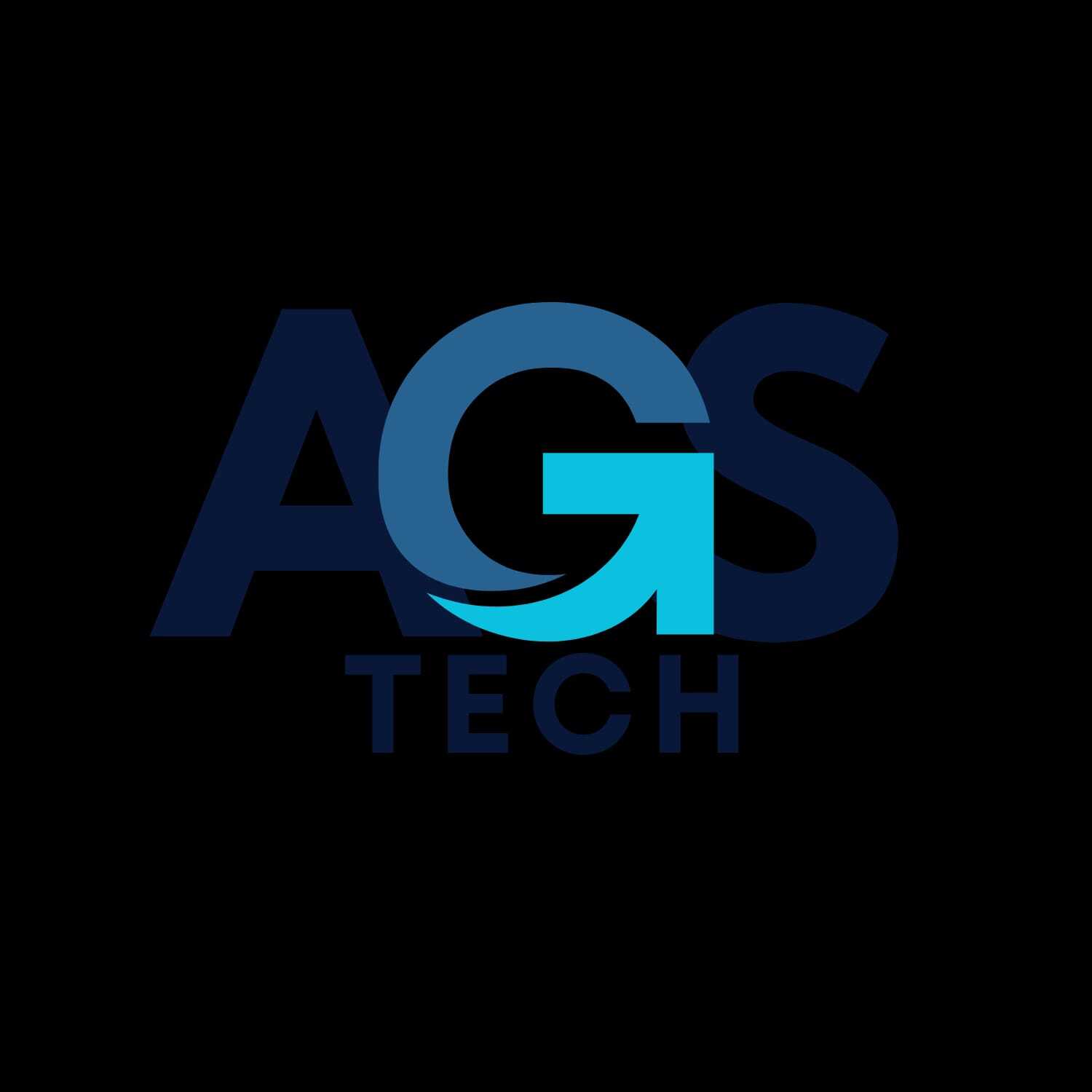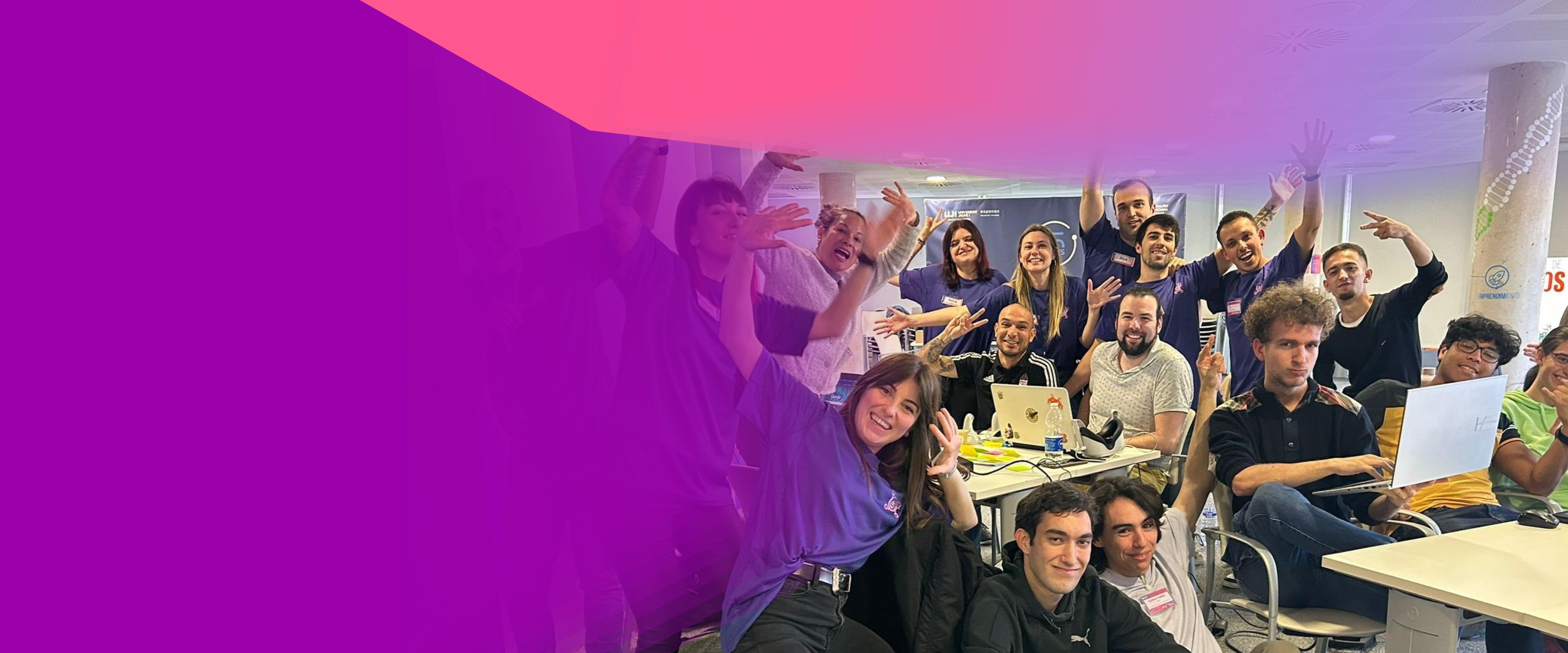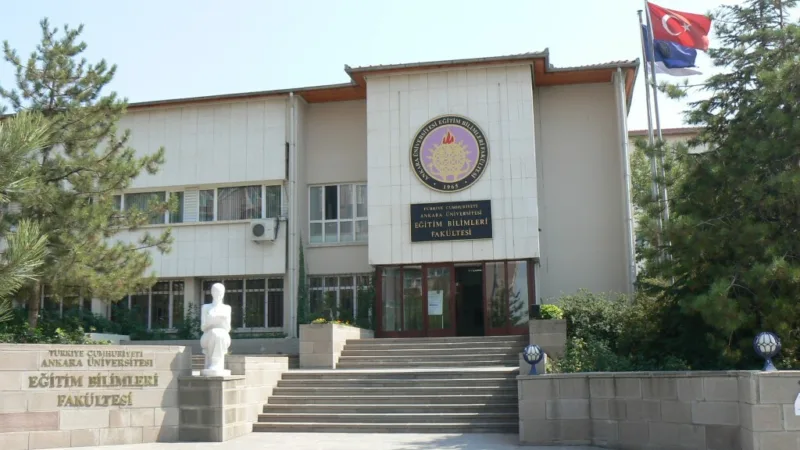DIGICAMPUS
Solution details
Final Product/Service/Tool/Activity: The final product is a digital platform called Digi Campus, designed to enhance digital education in higher education environments. It integrates a variety of features that aim to improve the educational experience for both students and academics, focusing on digital tools, learning environments, and communication.
Website: https://digicampus.doktortaku.com/
MobilApp: Figma design https://www.figma.com/proto/T0fIPFDqE9E3oUNkaQOGos/App-Education-UI-(Community)?node-id=0-1155&node-type=canvas&t=xwnVzqZVTR2g7egl-1&scaling=min-zoom&content-scaling=fixed&page-id=0%3A1
Main Elements:
• Interactive Learning Materials: Tools for creating dynamic, multimedia-rich content for courses.
• Integrated Communication System: A messaging system for communication between students and academics.
• Performance Analytics: Features for tracking student progress and providing academic insights.
• Virtual Classroom Tools: Features like video conferencing, collaborative spaces, and quizzes. • Digital Pedagogical Tools: Integration of AI tools to personalize learning and teaching experiences. Technologies Used:
• Web Development: React.js, Node.js, and Express for building a dynamic, user-friendly interface and backend.
• Data Analytics: Python, TensorFlow, or similar for tracking student progress and performance.
• Messaging System: WebSocket or similar real-time communication tools for chat and notifications.
• Cloud Infrastructure: AWS or Azure for hosting, scalability, and data storage.
• Learning Management Integration: SCORM or xAPI to ensure compatibility with existing academic systems. Objectives:
• Improve the digital literacy and pedagogical abilities of both students and academics.
• Provide a seamless, efficient platform for communication and educational content management.
• Foster a more collaborative and engaging learning environment, even in remote or hybrid settings. • Ensure the system is scalable and adaptable to various educational institutions. Implementation Plan 1. Phase 1 - Research and Design (2-3 months):
o Conduct market research to understand the needs of educators and students. o Develop user personas, use cases, and wireframes for the platform. o Define core features and technologies.
2. Phase 2 - Development & Prototyping (4-5 months):
o Develop the core functionalities: user management, content creation, messaging, and analytics. o Build a prototype and get feedback from stakeholders (students, academics). o Implement the initial version of the virtual classroom features.
3. Phase 3 - Testing & Optimization (2 months): o Conduct usability testing and user feedback sessions. o Optimize for scalability, security, and performance. o Integrate third-party tools (e.g., video conferencing, quiz systems).
4. Phase 4 - Deployment & Maintenance (Ongoing): o Deploy the platform to production (cloud-based solution). o Provide ongoing support, feature updates, and user training. o Monitor system performance and user engagement. Resources Required:
• Development team: Full-stack developers, UX/UI designers, and data scientists.
• Educational consultants: To align features with academic needs.
• Cloud infrastructure (AWS, Azure).
• Tools for real-time communication (e.g., WebSockets, Firebase).
• Budget for marketing and outreach to educational institutions. Eventual Barriers Foreseen:
• Adoption Resistance: Some educators may resist adopting new technology due to a preference for traditional methods.
• Technology Compatibility: Ensuring the platform integrates smoothly with existing Learning Management Systems (LMS).
• Data Privacy: Ensuring compliance with regulations like GDPR when dealing with student data.
• User Training: Providing adequate training and support to users (both students and teachers) for effective use of the platform. Enhancing Digital Education Enhancement of Digital Education: Digi Campus aims to modernize education by enhancing digital literacy among students and academics. The platform provides access to interactive learning materials, promotes collaborative learning through messaging and virtual classrooms, and helps track and analyze student progress. This will foster a more engaged and personalized learning environment.
Success Measurement:
• User Engagement: Metrics such as active users, message frequency, and content views.
• Academic Performance: Improved student grades or learning outcomes.
• User Satisfaction: Feedback from students and academics on the platform’s usability and effectiveness.
• Adoption Rate: The number of educational institutions that adopt the platform and integrate it into their teaching environments.
Tweet / Slogan
Digi Campus is a revolutionary digital platform transforming higher education by enhancing learning experiences, promoting digital literacy, and fostering collaboration between students and educators. Empowering academics and students for the future of learning!


